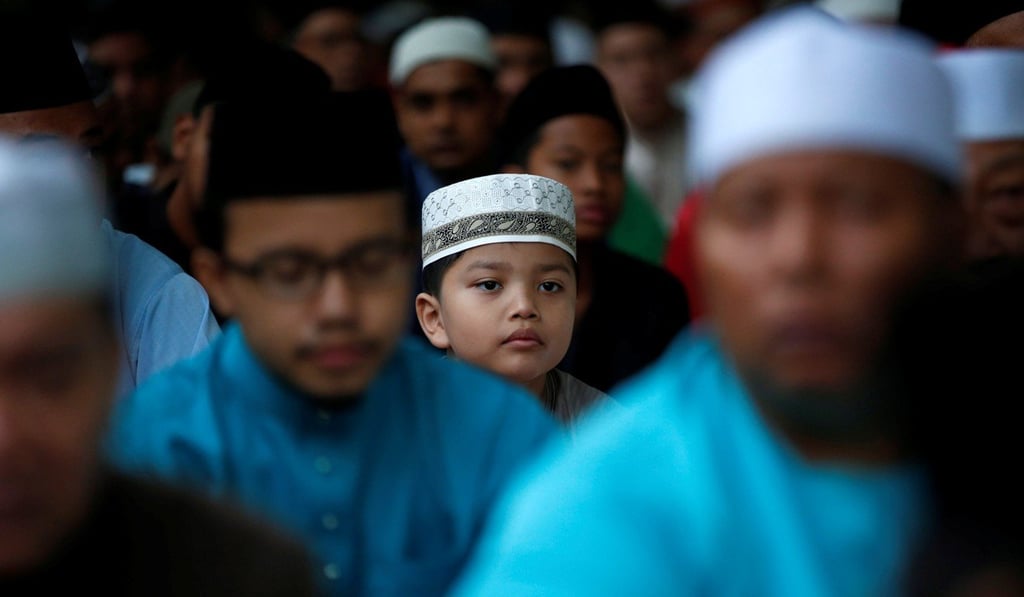Singapore looks to curb foreign influence by tweaking ‘religious harmony’ law
- The proposed changes would limit key positions in religious organisations to locals and make it so that large donations from abroad must be declared
- About 100 organisations will be affected by the amendments to the Maintenance of Religious Harmony Act, which came into effect in 1992

Under the proposed changes to the Maintenance of Religious Harmony Act (MRHA) key positions in local religious organisations should be held by Singaporeans or permanent residents, and donations from foreigners of more than S$10,000 (US$7,190) must be declared – as should affiliations with foreigners or foreign groups in a position to “exert control”.
The changes, introduced in parliament, will “safeguard” groups from being influenced by foreign agents in a way that could damage Singapore’s religious harmony, the Home Affairs Ministry said in a statement.
Other suggested amendments include making the government’s restraining orders – issued to those who make statements offensive to religious communities – take effect immediately instead of after a 14-day notice period, and consolidating Penal Code offences that pertain to religion under the MRHA.

These offences cover acts that incite violence or feelings of enmity and hostility against a religious group and hurting the religious feelings of another person. Religious leaders would be prosecuted more harshly because of their influence, the ministry said, and the offences would apply even if the acts were committed overseas.